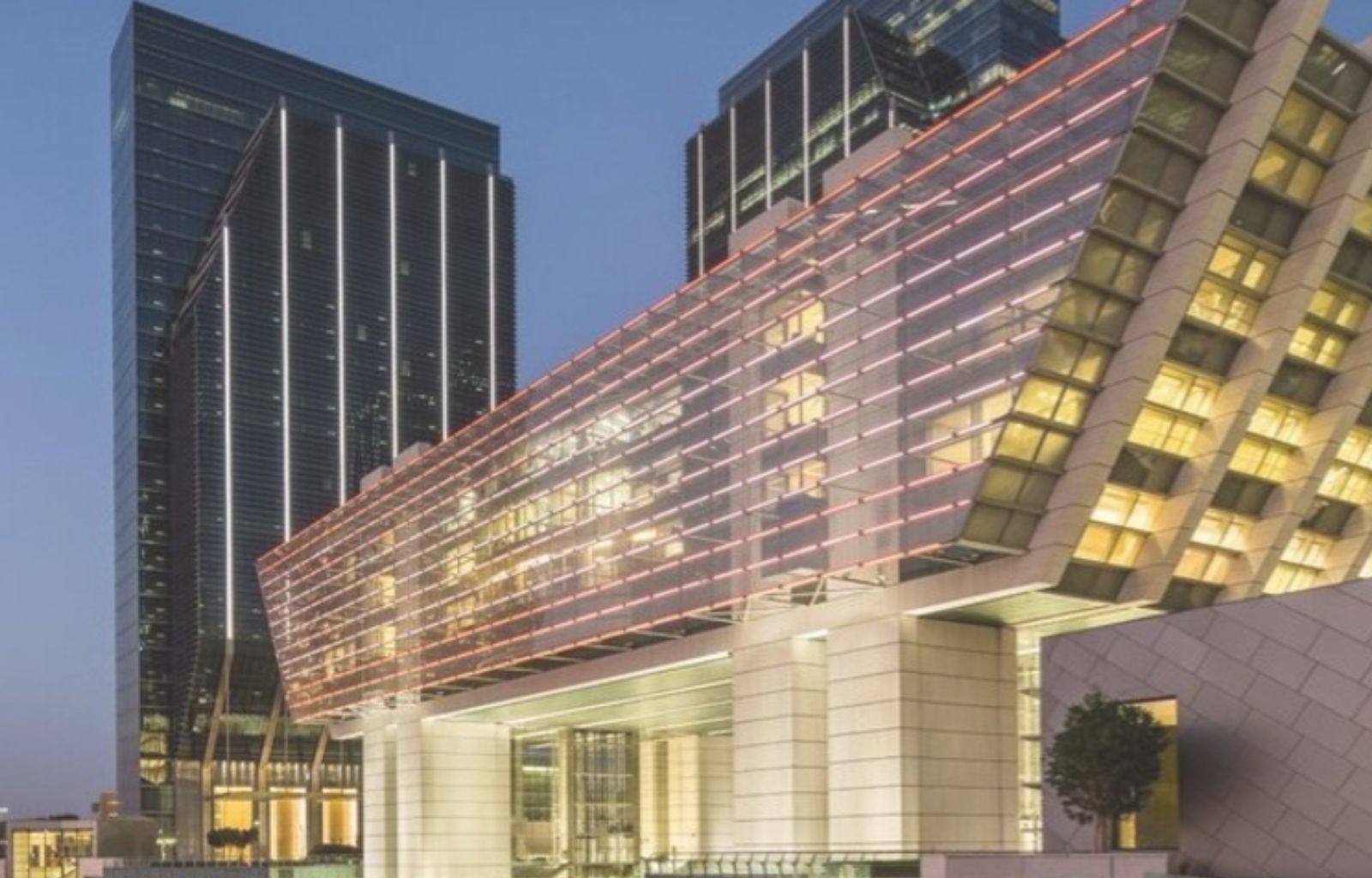
Dubai's New Virtual Assets law No.4 of 2022
Dubai leading the way for regulating virtual assets in the MENA region with Dubai’s new Virtual Asset Law & Regulatory Authority
Dubai leading the way for regulating virtual assets in the MENA region with Dubai’s new Virtual Asset Law & Regulatory Authority On February 28, 2022, H.H Sheikh Mohammed Bin Rashid Al Maktoum issued law No.4 of 2022 to position Dubai and the UAE as a regional and global destination for the virtual assets sector
As positively said by His Highness Sheikh Mohammed Bin Rashid Al Maktoum, “The future belongs to those who can imagine it, design it and execute it.” and thus, in the continuous efforts to ensure Dubai is at the forefront of innovation and growth, Dubai has published Federal Law No.4 of 2022 on the Regulations of Virtual Assets in the Emirate of Dubai (Dubai Virtual Assets Law or “DVAL”).
Key Features of the Virtual Assets Law
Establishment of a New Regulatory Authority: As stated in the Dubai Virtual Assets Law, the Dubai Virtual Assets Regulatory Authority (“DVARA”) will be established as an independent regulator for Virtual Assets in the Emirate, will have its own legal personality and will be in affiliation with the Dubai World Trade Centre’s Authority. DVARA will regulate Virtual Asset Service Providers in the Emirate of Dubai including all the special development zones and free zones excluding the Dubai International Financial Centre.
A framework to regulate all crypto business in the Dubai: The DVAL lays down the framework for the DVARA’s functions and the authority to regulate all crypto business in the Emirate. The Dubai Virtual Asset Regulatory Authority is in charge of setting out the Virtual Asset regulations and monitoring Virtual Asset business across Dubai. We anticipate that the detailed regulations are to follow next.
Licensing and On-Going Requirements: As per Article 15 of the new law, in order to conduct business in this sector, a Virtual Asset Service Provider cannot proceed without being authorized by DVARA to do so and we expect that the licensing process will be subject to extensive onboarding prerequisites which will become clearer moving forward. This provision also clarifies that in order to undertake Virtual Asset services, the Virtual Asset Service Provider must be based in the Emirate of Dubai and needs to acquire the necessary licensing from the relevant commercial licensing authority in Dubai.
Activities Subject to Authorization: Article 16 has set out a list of activities that may be undertaken in the Virtual Asset sector that are subject to being licensed by the DVARA. As per the DVAL, DVARA will be able to add further Virtual Asset-related activities to the list, with the approval of the Board of Directors of the Dubai World Trade Centre’s Authority. This will enable DVARA to adapt to the ever-changing Virtual Asset realm and continue to remain relevant by creating an assistive ecosystem for Virtual Asset Service Providers.
Penalties and Sanctions Additionally, DVARA retains the right to suspend or restrict the business operations if there is any threat to public interest as stated in Article 18 of the DVAL. Article 20 gives DVARA the authority to impose fines and penalties to the Virtual Asset Service Providers who are in violation of the provisions of the DVAL, which also includes suspending the authorization for a period of 6 months.
The move by Dubai to regulate Virtual Assets and establishing DVARA is a step forward positioning Dubai as a global hub for Virtual Assets, attracting investments, and protecting the interests of the investors and dealers in Virtual Assets. The executive regulations of the DVAL are essential in navigating our way forward with the new law and the regulatory body. The regulations will allow us to gather more clarity on the licensing process and the prerequisites.
To discuss this new law or any other related virtual assets regulations, please contact:
 |
Manish Narayan Partner manish@galadarilaw.com |
 |
Aqsa Adil Paralegal aqsa@galadarilaw.com |



